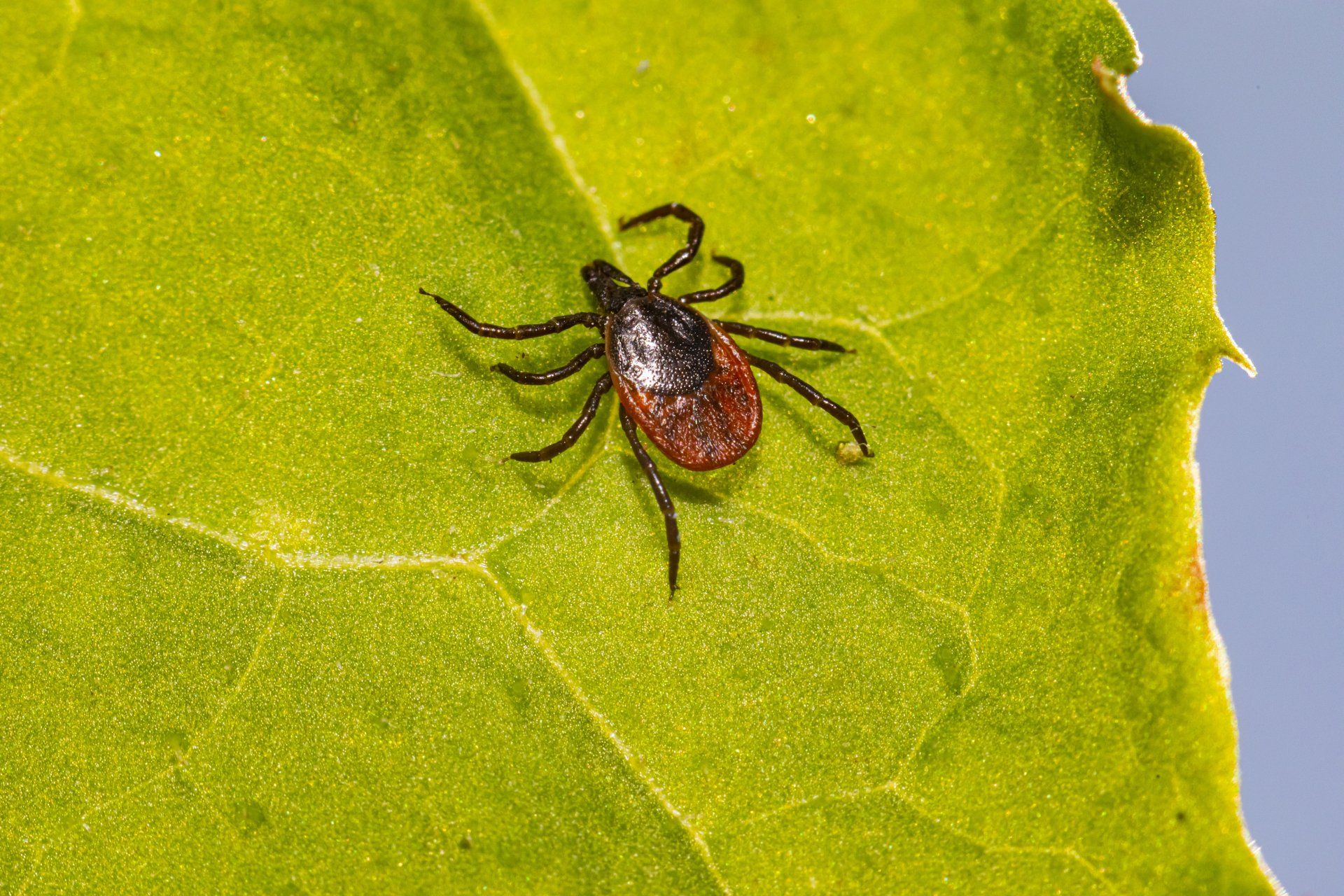Whooping Cough and What You Should Know
Whooping cough is also referred to as pertussis. Interestingly, pertussis activity peaks during the summer and fall months. The classic sign of pertussis is a "whooping" sound made at the end of an episode of violent coughing, giving the common name of "whooping cough." The Chinese name for pertussis is "the 100-day cough," which describes the duration of illness, since it often lasts up to 3 to 6 months.
Per the American Lung Association immunity decreases with age. It is recommended that all adults age 19-65 get at least one "booster" vaccination. Older adults should also get a "booster" vaccine if they come into contact with babies less than 12 months old. Check your vaccines! When in doubt, check with your physician if you should get a booster vaccination!
Pertussis is the most severe in the first 6 months of life and in preterm or under immunized infants. Almost all deaths and over 80 percent of hospitalizations associated with pertussis have been in infants less than 3 months of age. Children under 6 months of age usually experience a shorter respiratory symptom phase and the infant may gag or gasp, or even stop breathing temporarily. That means the whooping sound may not even be present.
In preschool children, pertussis is exhausting and may even lead to rib fractures. In some older children and adults, the cough doesn't happen in fits and doesn't have a whopping sounds. Vomiting with cough is often the best predictor of pertussis as the cause of prolonged cough.
More severe complications may occur in infants, including pneumonia, heart failure, collapsed lung, brain bleeds and death.
More information can be found at www.cdc.gov/whooopingcough, or the above information and more by clicking here.











